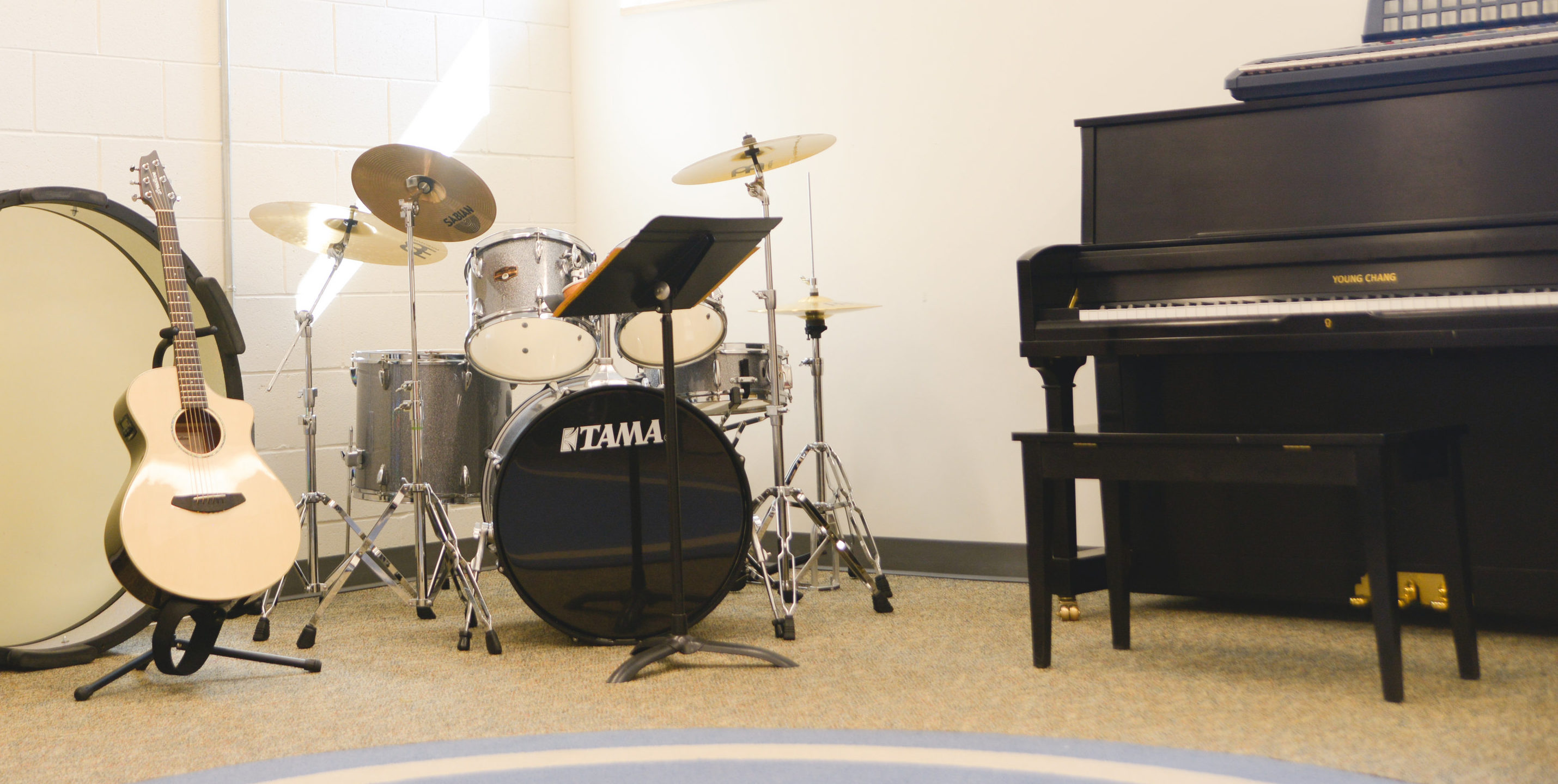Two Barriers to Music Therapy in Special Education
Music therapy is grossly underutilized in special education settings across the country, but most especially in Utah. Here’s why.
Even though students show significant progress with music therapy as a related service, only a handful of Utah schools currently utilize the power of music therapy.
School-Based programs who currently incorporate music therapy include:
- Center based schools who exclusively have students with severe to profound disabilities
- Jordan Valley School, Kauri Sue Hamilton School, and Hartvigsen
- 2 Public School Districts
- Cache County & Logan School District–both offer 3-10 hours per week of music therapy services
- Special programs
- Utah Schools for the Deaf and Blind provides music therapy groups for many DeafBlind students
- Private schools (a small handful)
- Charter Schools (but none at present…)
With music therapy playing such a significant role in helping students progress on pre-academic, academic, and IEP goals (Individualized Education Plan), why is it that the vast majority of schools and districts do not allow it to enter in as a related service?
We propose that the answer is twofold: 1) Lack of understanding about the impact of music therapy, and 2) Budget.
#1 Need for More Understanding About Music Therapy
I believe that a lack of understanding is at the heart of the resistance. Most administrators are not aware of the impact of music therapy as a related service, and they simply see it as an unnecessary cost.
Understandably so–when we don’t have exposure to something and don’t see its impact, it’s hard to buy in to it.
So the goal is to give as much exposure as possible to special education administrators so they can see and understand for themselves what music therapy can do for their students. This can be seen in the data, in teacher and student reports, and in actually seeing music therapy in action.
So here, we will provide as much of that as we can.
The following articles will shed light on the impact of music therapy in special education:
- Data on Music Therapy from Utah Schools
- Teacher and Student Reports on Music Therapy
- 5 Reasons to Use Music Therapy in Special Education
For many administrators, once they explore the data, reports, and see music therapy, there is an “aha!” moment where they come to a true understanding of the power of music therapy and the need to include it in special education.
Our goal is to facilitate that “aha!” moment and to thereby reach students who need music therapy most.
#2 Budget
Cost always seems to hold us back from progress, doesn’t it? We hear “it’s not in the budget” more often than anything else when it comes to not including music therapy in various programs.
However in Utah, we have budgets to build incredible schools around the state, we are updating like crazy, adding all kinds of programs, and are even planning to add more schools and teachers to the state via a gas tax. It’s an exciting time with many much needed changes to our education system.
Imagine how much our special education students would grow if music therapy was included in this new bigger picture!
The cost of music therapy is relatively small compared to most expenses in the world of education. To bring in a music therapist for weekly groups with one special education classroom would cost around $60-75/week, $240-300/month, and $2,160-$2,700/year. Those are small numbers compared to other expenses in a school setting, and the return on investment would be an average student progress of 25-35% (based on the data we have collected with our current school settings).
So with all of the operational costs of running a educational institution, investing in music therapy cuts right to the needs of the students, yields significant results, and may even decrease other costs due to effectiveness.
If our goal in education is to actively educate our students in the most effective and efficient ways possible, the question isn’t whether we can afford music therapy.
The question is can we afford not to have music therapy?
Our goal at Harmony Music Therapy is to educate our public school administrators on the significant benefits of music therapy, and to demonstrate that the return on investment will be substantial student progress.
What is more valuable than progress?
Let’s make it happen!

